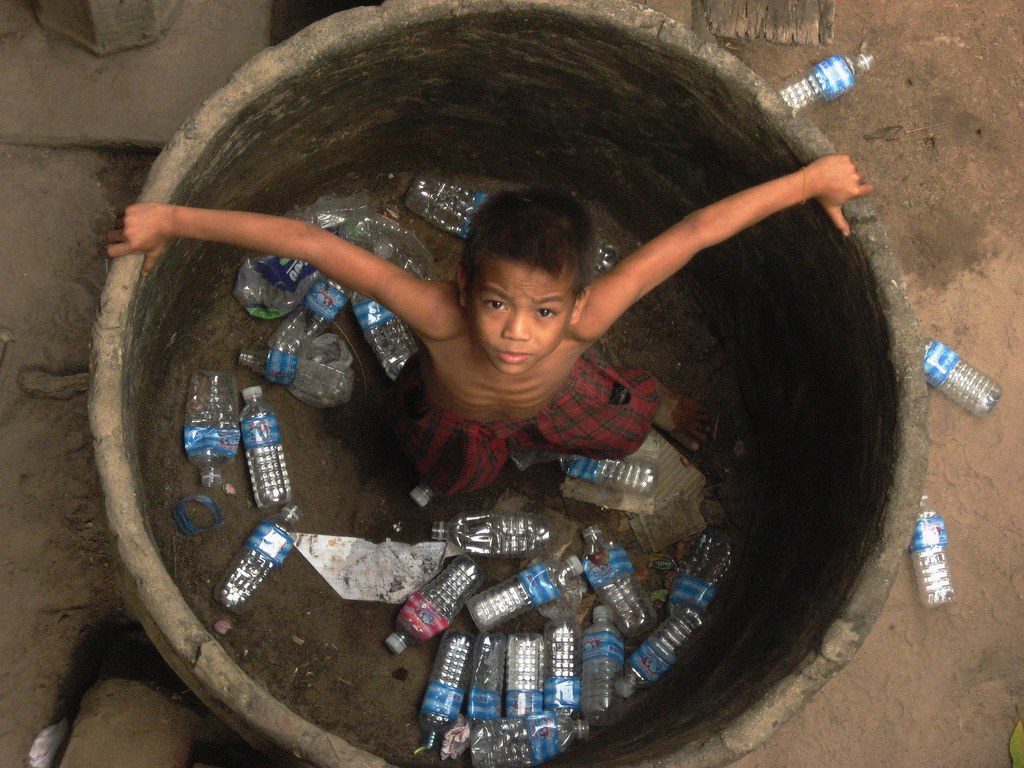
Psalm 41:1, Blessed is he who considers the poor. This passage makes it clear that helping the poor is like a spiritual insurance policy that pays off in one’s own time of need. The old adage, “What goes around comes around” applies here. The only difference is that this law of reciprocity isn’t chance driven, but YHVH instituted and orchestrated, for verse one says that YHVH will deliver the who blesses the poor in his own time of trouble.
From verse one to verse three, YHVH promises to care for those who help the poor in the following ways:
- Protect and preserve his life (verse 2).
- Deliver him from his enemies (verse 2).
- Sustain and restore one who is sick (verse 3).
This is an insurance policy pays rich dividends in YHVH’s spiritual economy.
The Bible on Giving to the Poor
Multiple times, the Scriptures enjoins those who have been blessed materially to help those who are poor. In fact, YHVH even has a special place in his heart for a certain class of individuals who have fallen into poverty, namely, the widows and the fatherless (Deut 14:29; 16:11, 14; 24:19; 26:12–13; 1 Tim 5:3). Moreover, Yeshua declared that the poor would always be among us (Matt 26:11), so there will never be a lack of opportunity for the so-called haves to help the have-nots. Furthermore, YHVH promises to bless us when we give to the poor (Ps 41:1–3) as well as to those who have dedicated their lives to serving YHVH’s people through the ministry (Deut 14:29; 16:14; 26:12–13).
In Deuteronomy 15:7, we discover that there should be levels of priorities in our giving to the poor. Our first responsibility is to help a poor person who is a brother, that is, who is a member of our immediate family, or someone who is like a brother to us. Second, we are to help those in need who reside in our gates, or are a member of our immediate community. Finally, and last, our charitable is to go toward those who are in need in our own land or country. The idea here is that our charitable giving is to go first to those who live the closest to us, and then go out from there geographically as we are able to do so financially.
Continue reading
